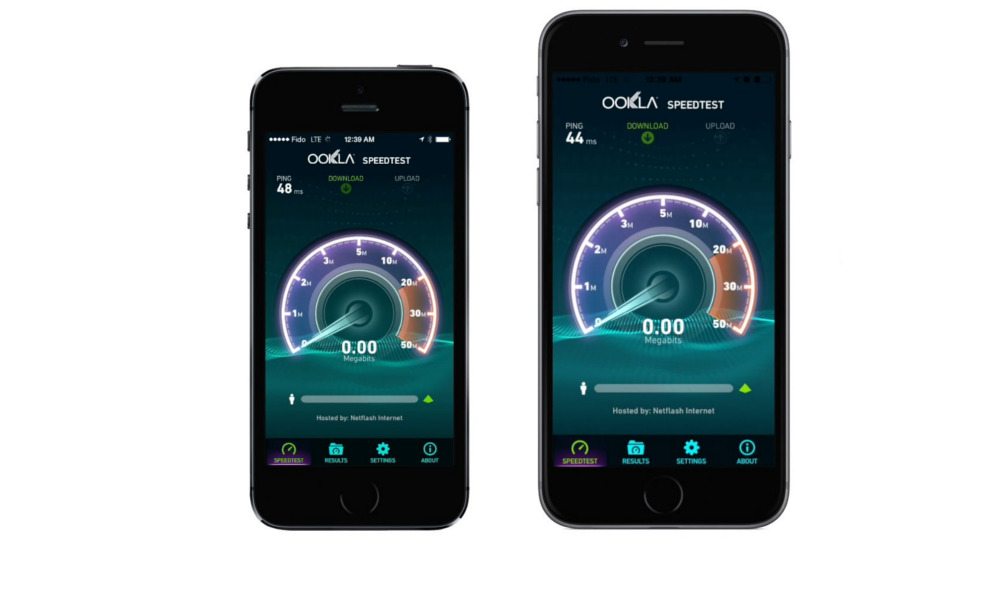New 5G Modem Chip Could Allow You to Download an Entire HD Movie to Your iPhone in Seconds

Toggle Dark Mode
We’re still a few years away from a widespread 5G mobile network, but Qualcomm Inc. is apparently making sure that it’s ahead of the curve.
On Monday, the San Diego-based company announced that it was developing the world’s first 5G modem chip: the Snapdragon X50. The next-generation chip will theoretically support download speeds up to 5 gigabits per second. That’s insanely fast. At speeds like that, a 5GB, high-definition movie could be downloaded in just 8 seconds. In comparison, today’s average 4G download speed across the globe is 13.9 megabits per second — and, in the US, the average falls short at 9.9 Mbps, according to a study published by OpenSignal.
The chip is expected to be available in small sample quantities in 2017, before being implemented in more devices during the first half of 2018. But before you get too excited, it’s worth noting that most wireless and internet service providers currently don’t have plans to offer 5G services until at least 2020, and the industry hasn’t even finalized a standard for 5G service — something that’s expected to happen by 2018, Engadget reported.
Of course, there are outliers. Verizon has some tentative plans to offer a fixed-line internet based on the technology by 2017, and there’s talk of South Korean carriers preparing to launch 5G service in time for the Winter Olympics in February 2018. But beyond that, we won’t have widespread 5G coverage for at least a few years, according to the Wall Street Journal.
Part of the reason is how 5G service works — and the difficulty in implementing the infrastructure to make it happen. Qualcomm’s 5G modem, for example, runs on a millimeter wave spectrum in a higher band: 28GHz. These waves can’t travel long distances, and are incapable of penetrating walls. To combat these shortcomings, providers and carriers will have to begin installing “small cell” stations throughout a coverage area, as opposed to just relying on large cell towers to beam internet access to users, Forbes reported.
This technology is groundbreaking, and it’ll change the way we interact with both our devices and the internet as a whole. The possibilities are vast: real-time virtual reality, insanely high-quality multimedia, and instantaneous access to the cloud. But, due to its current restraints, it’s unlikely that we’ll see 5G support in the next few generations of iPhone. Qualcomm has even stressed that its Snapdragon X50 chip is designed for early, experimental rollouts of 5G technology, according to Engadget.
But Qualcomm is obviously trying to stay ahead of the curve, and in the coming years we’re bound to see other companies coming out with similar technology. That includes Qualcomm’s biggest competitor, Intel, who recently started producing LTE modem chips for Apple’s iPhone 7.
So yes, we’ll eventually see blazingly fast download speeds on our devices in the near future. But we’ll have to wait a few years to see that future fully realized.






